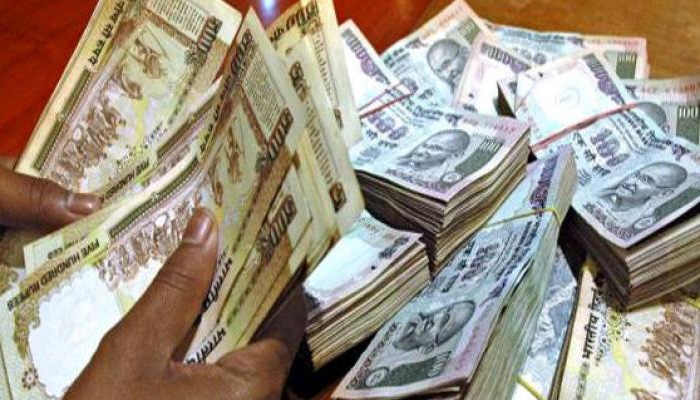TRENDING TAGS :
Black Money in India: Understanding the Problem and Finding Solutions
Black money plagues the Indian economy. Explore how it's generated, and steps being taken to curb it.
Black money, or undeclared income, is a significant challenge for the Indian economy. It creates an unfair advantage for those who evade taxes, hinders development, and fuels corruption. Understanding the nature of black money and the efforts to combat it is crucial for a healthy and transparent economic system.
How Black Money is Generated:
Black money is generated through various means, including:
Tax Evasion: Hiding income or underreporting earnings to avoid paying taxes.
Corruption: Bribery, kickbacks, and misuse of public funds for personal gain.
Illegal Activities: Activities like smuggling, drug trafficking, and gambling generate significant black money.
Underinvoicing and Overinvoicing: Manipulating import and export bills to show lower or higher values, allowing for tax evasion or illegal transfer of funds.
The Hawala System: An informal money transfer system often used to launder black money.
The Negative Impacts of Black Money:
Black money has several detrimental effects on the Indian economy:
Loss of Government Revenue: Undeclared income deprives the government of critical funds needed for infrastructure development, social welfare programs, and public services.
Unfair Competition: Businesses that evade taxes gain an unfair advantage over those who comply with regulations.
Fueling Corruption: Black money creates opportunities for bribery and corruption, hindering transparency and accountability.
Informal Economy: Black money thrives in the informal sector, where transactions are not recorded and taxes are not paid.
Combating the Black Money Menace:
The Indian government has implemented various measures to tackle black money, including:
Demonetization: The 2016 demonetization of high-value currency notes aimed to disrupt the circulation of black money.
Cashless Economy: Promoting cashless transactions through digital payments to create a more transparent financial system.
Stricter Tax Laws and Enforcement: Introducing stricter tax regimes and stricter enforcement to deter tax evasion.
Whistleblower Protection: Providing protection for whistleblowers who report instances of corruption or tax evasion.
Formalizing the Informal Sector: Integrating the informal sector into the formal economy to bring more transactions under tax scrutiny.
Individual Responsibility:
Public awareness and a shift in attitude are crucial in tackling black money. Here's what individuals can do:
Paying Taxes Honestly: Ensuring we pay our taxes truthfully and accurately is the first step towards a transparent economy.
Demanding Receipts: Always ask for receipts for purchases to discourage businesses from underreporting income.
Reporting Suspicious Activity: If you suspect tax evasion or corruption, report it to the authorities.
Building a Brighter Future:
Combating black money requires a multi-pronged approach involving government initiatives, stricter enforcement, and responsible individual behavior. By working together, we can create a more transparent and robust Indian economy. Fostering a culture of tax compliance and ethical business practices will pave the way for a brighter economic future for all.



